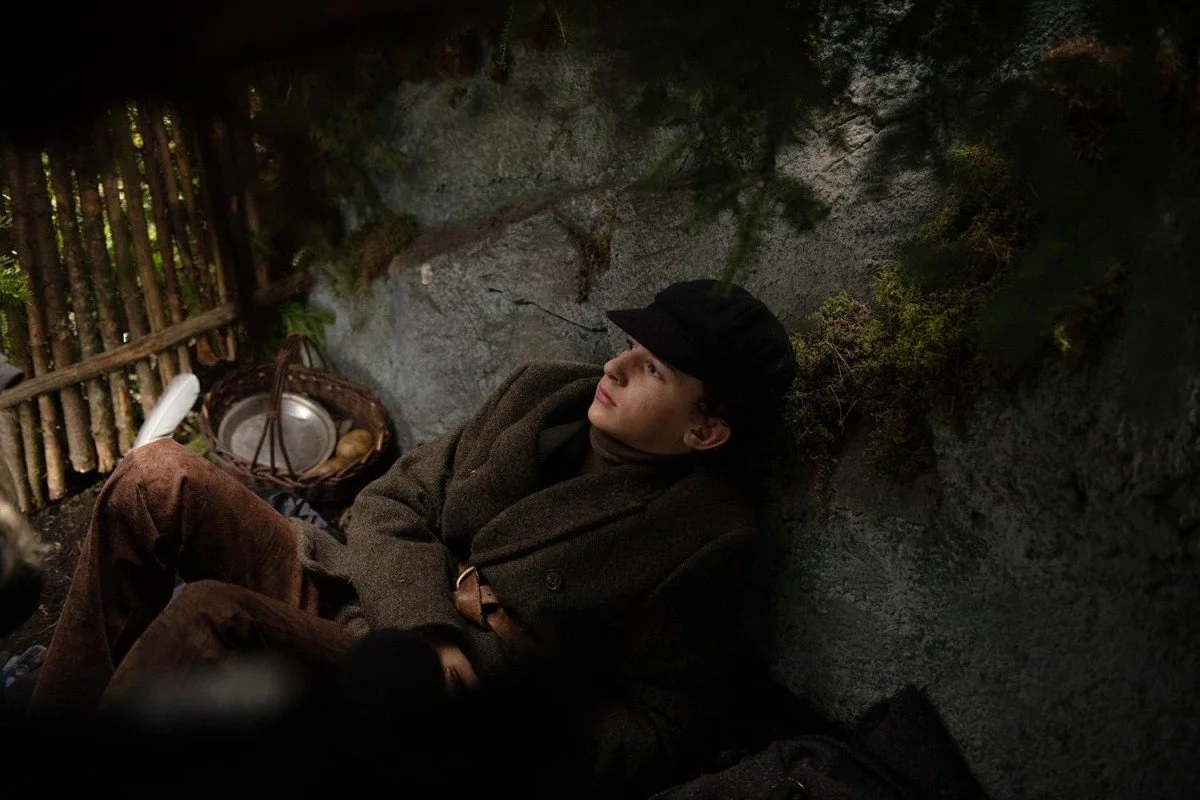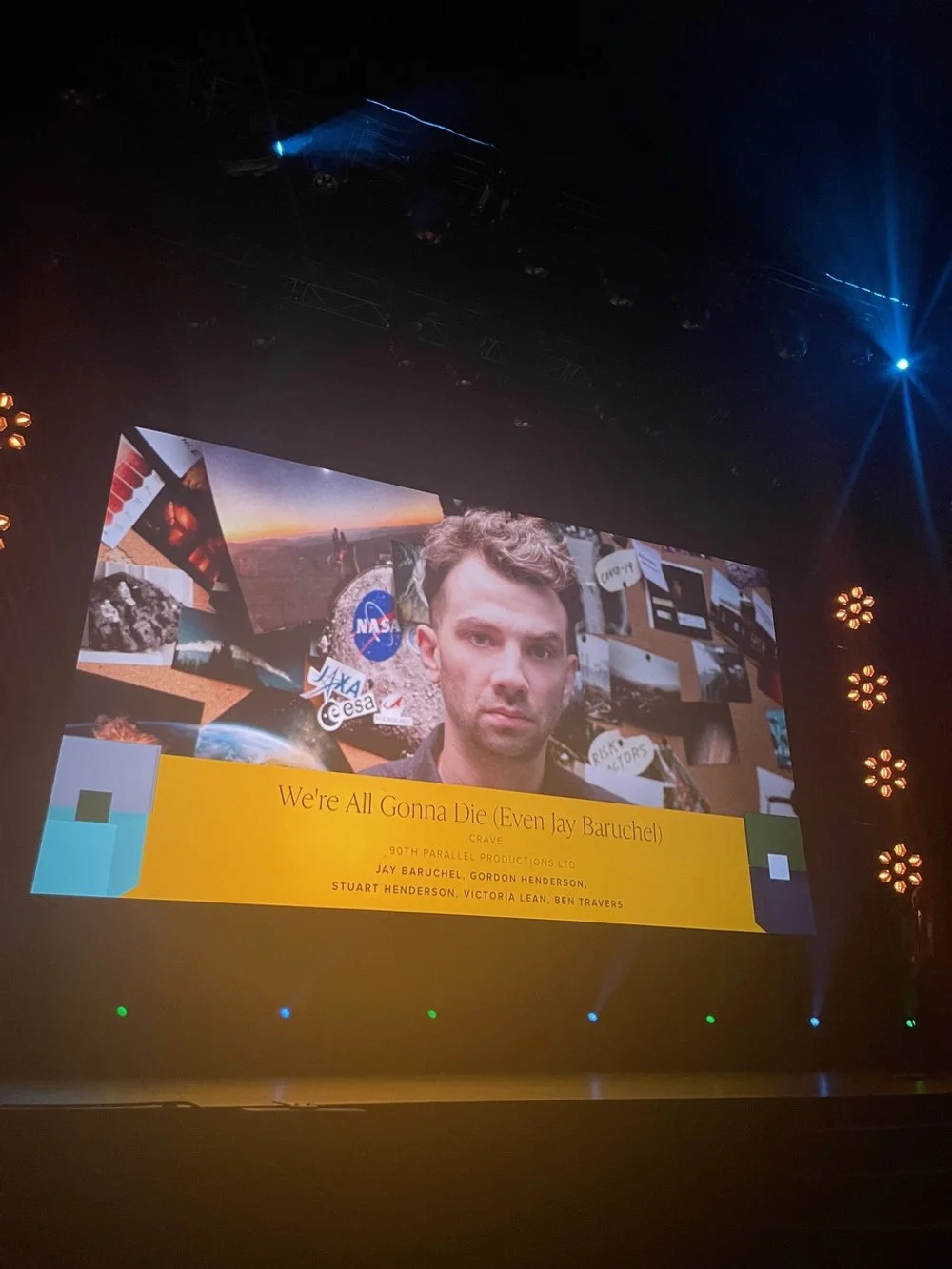One of my favourite directors coming out of undergrad was Jia Jhang-Ke. Having watched and written about The World (2000), I was fascinated by his ability to capture human emotion by isolating characters in digitally and architecturally distinct spaces.
When I looked at the programming this year for the TIFF 2015, I was flabbergasted when I saw his name appear. I wooped for joy. Loudly.
Jia Jhang-Ke and Cameron Bailey at TIFF 2015, Glenn Gould Studio, CBC, Toronto.
Jia was mesmerizing. Cameron Bailey was present to stir the conversation forward. Jia was calm, collected, and intelligent. He started by talking about his time in film school. China was changing socially, and people where struggling to understand themselves in this unsure environment. What really caught his attention is that people were NOT making films that reflected this movement.
Inspired by Hou Hao Hien (Chungking Express) and Vittorio Di Sica (Bicycle Thieves), Jia set out to capture a sense of beauty in realism. He described The Bicycle Thieves as
"[a film whose] visual moments are moving. [Moments we find] in every day life. [They are] both real and poetic." - Jia Jhang-Ke
They then discussed one of the major themes that runs through most of his films: alienation. Jia says that "loneliness is a big part of human nature." The Chinese culture before the social movement was group based. The shift to the individual is a strange moment. The struggle of the individual to create one's own self. The search for the self is often a lonely process.
This theme is captured in a very auteuristic style, if you will, one that we can see building over time in Jia's canon of films. Using mostly long takes, a certain sense of romanticism, and adding in fantasy / sci-fi elements to the story. With the advance of technology, devices are introduced into the narrative as a way to break up the plot. There is something futuristic about his films, poignantly heightened in The World. Not only do devices play a role in the internal plot, but also with the external world of the director. The advance of digital technology, Jia mentioned, is that he is able to achieve the look he wants with new equipment. The long take becomes economically viable.
The World (2004)
The World (2004)
Both the cinematographer, Nelson Lik-wai Yu, and Jia share the same desire to find beauty in everyday life. Having made every film together since 1998 and carrying this aesthetic forward.
Jia ended the conversation by saying that he and others have "responsibility as film artists." His focus is portraying change in people over time.
This is one experience that shall stay with me throughout life. Having heard him speak and being a long standing fan of his work, Jia's eye and directing sensibility stand top notch for me.
- Jenn





